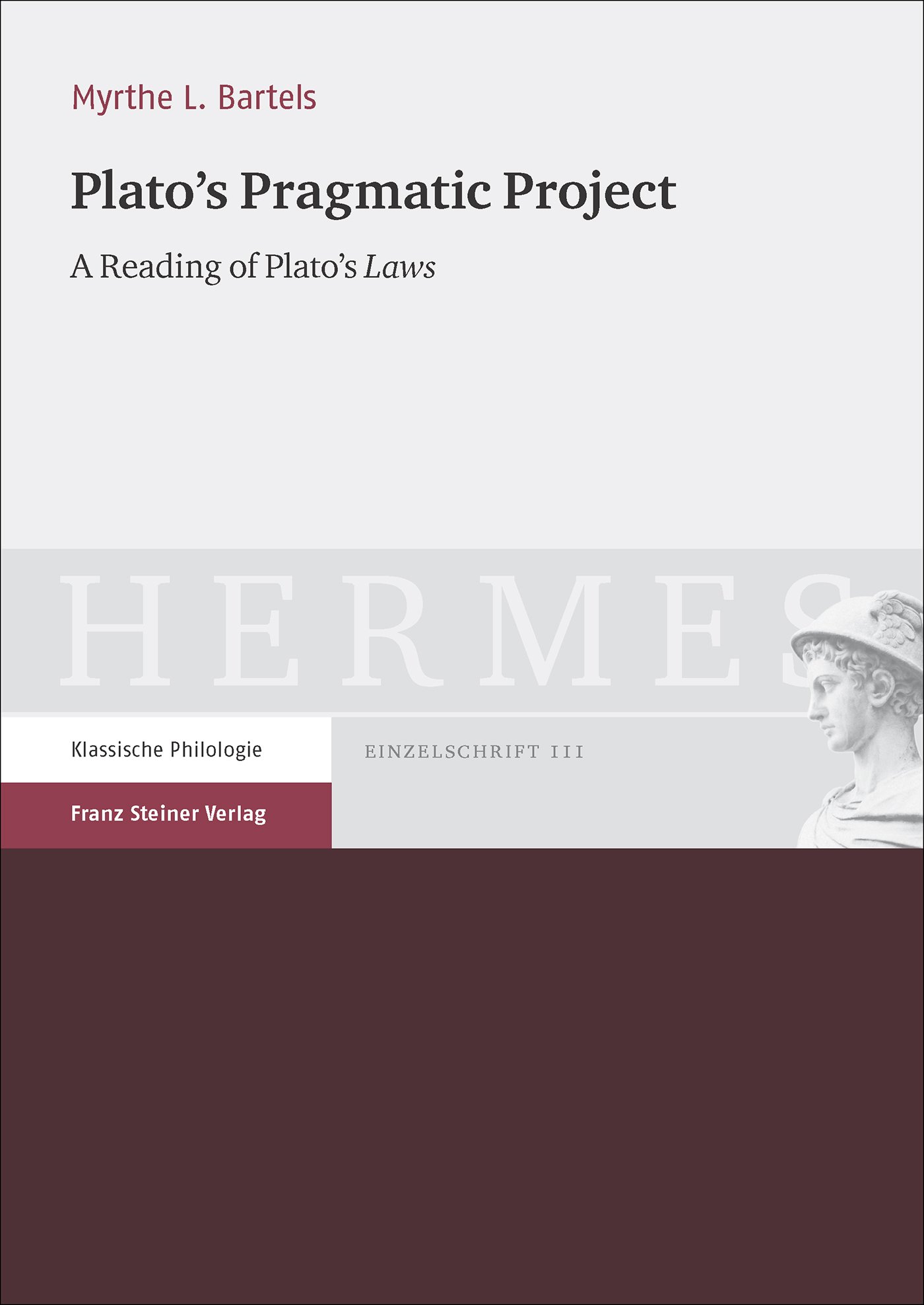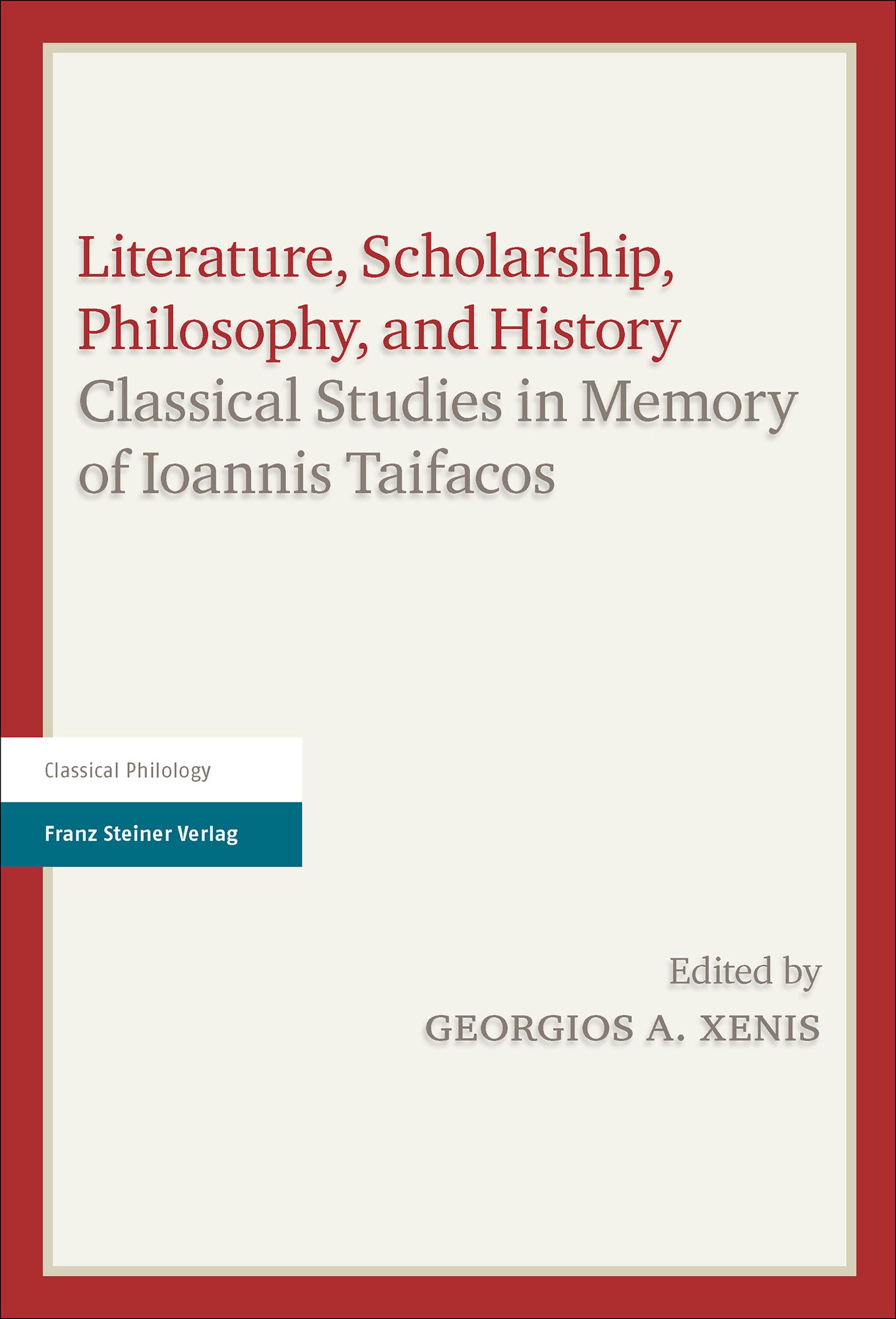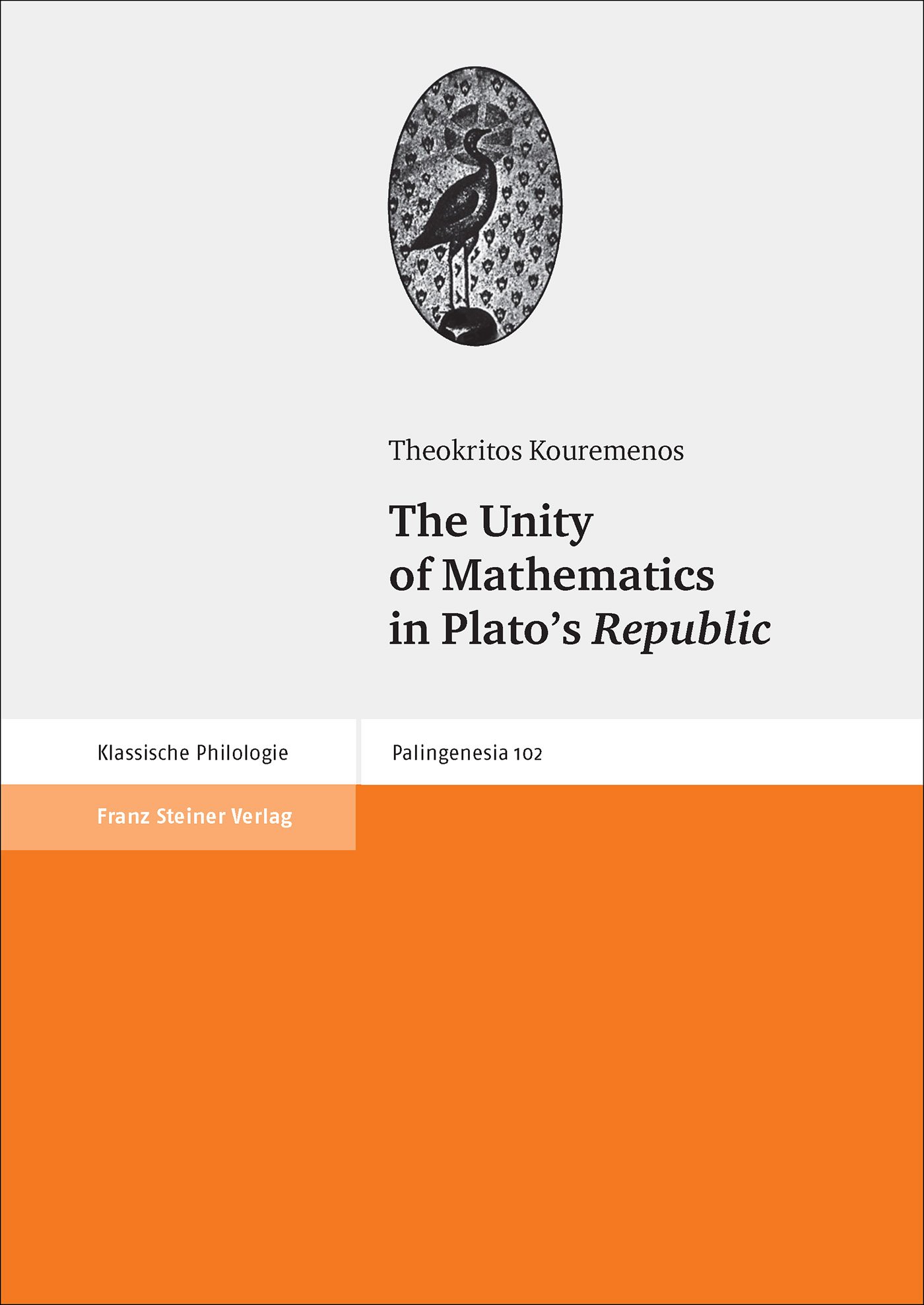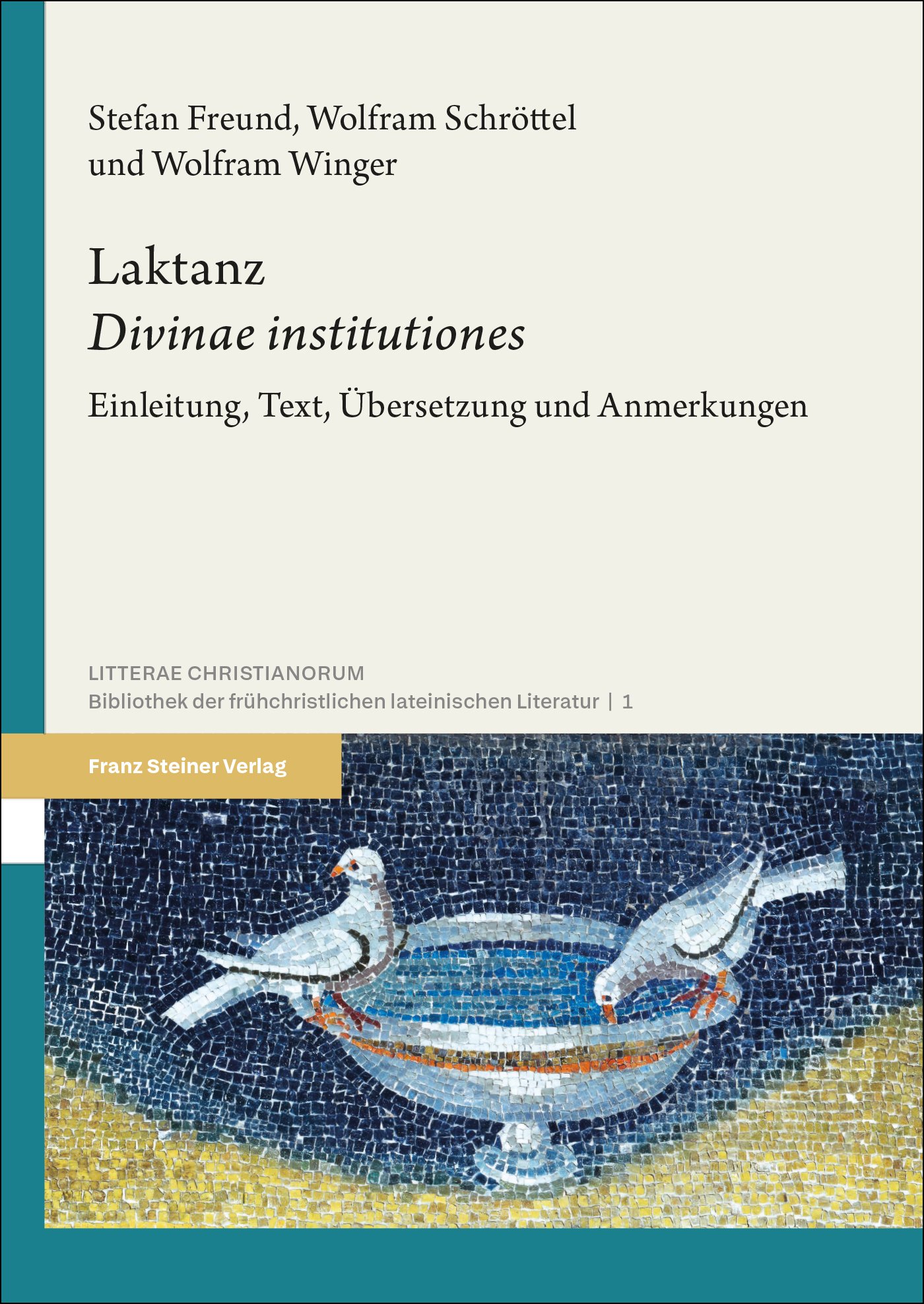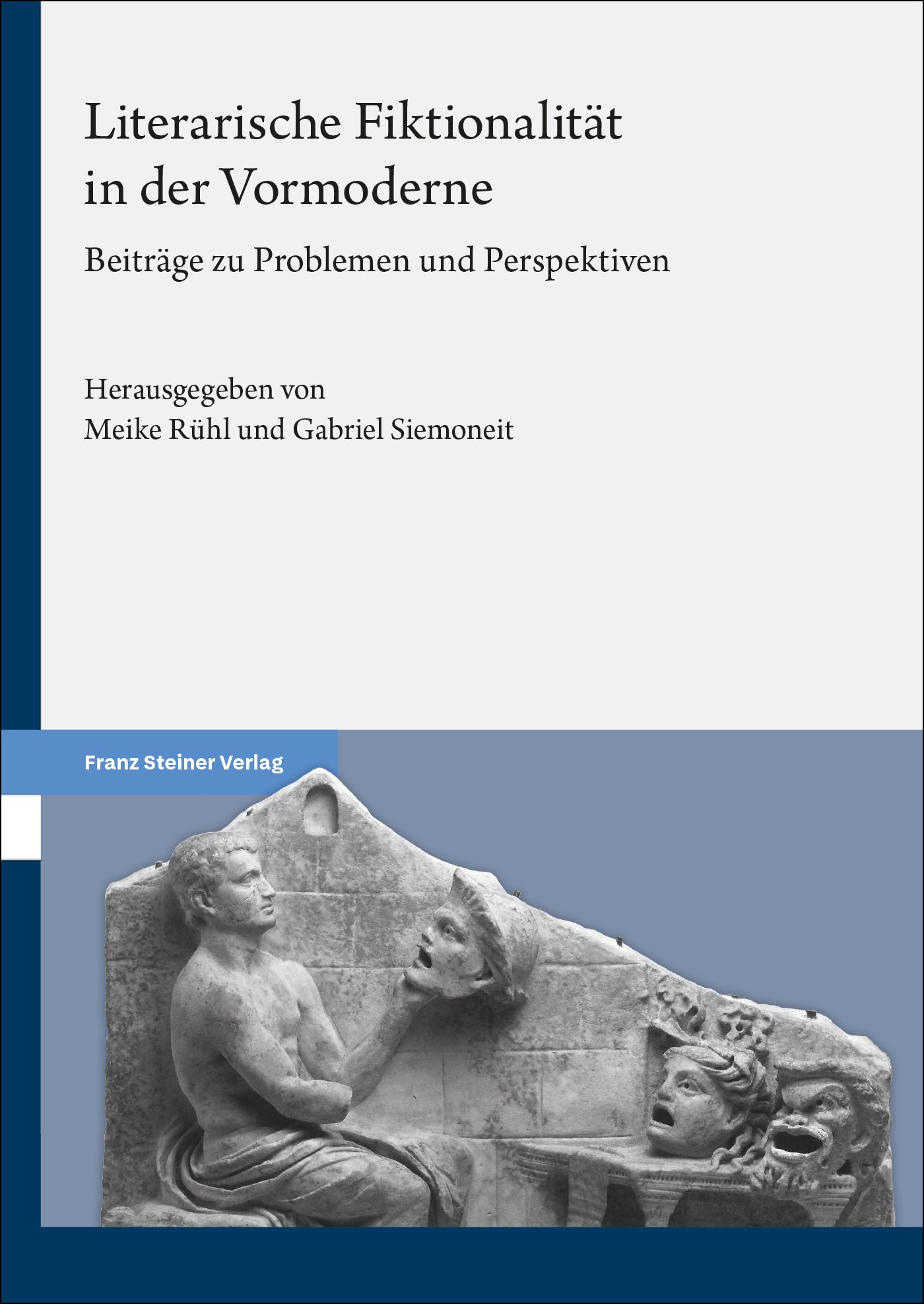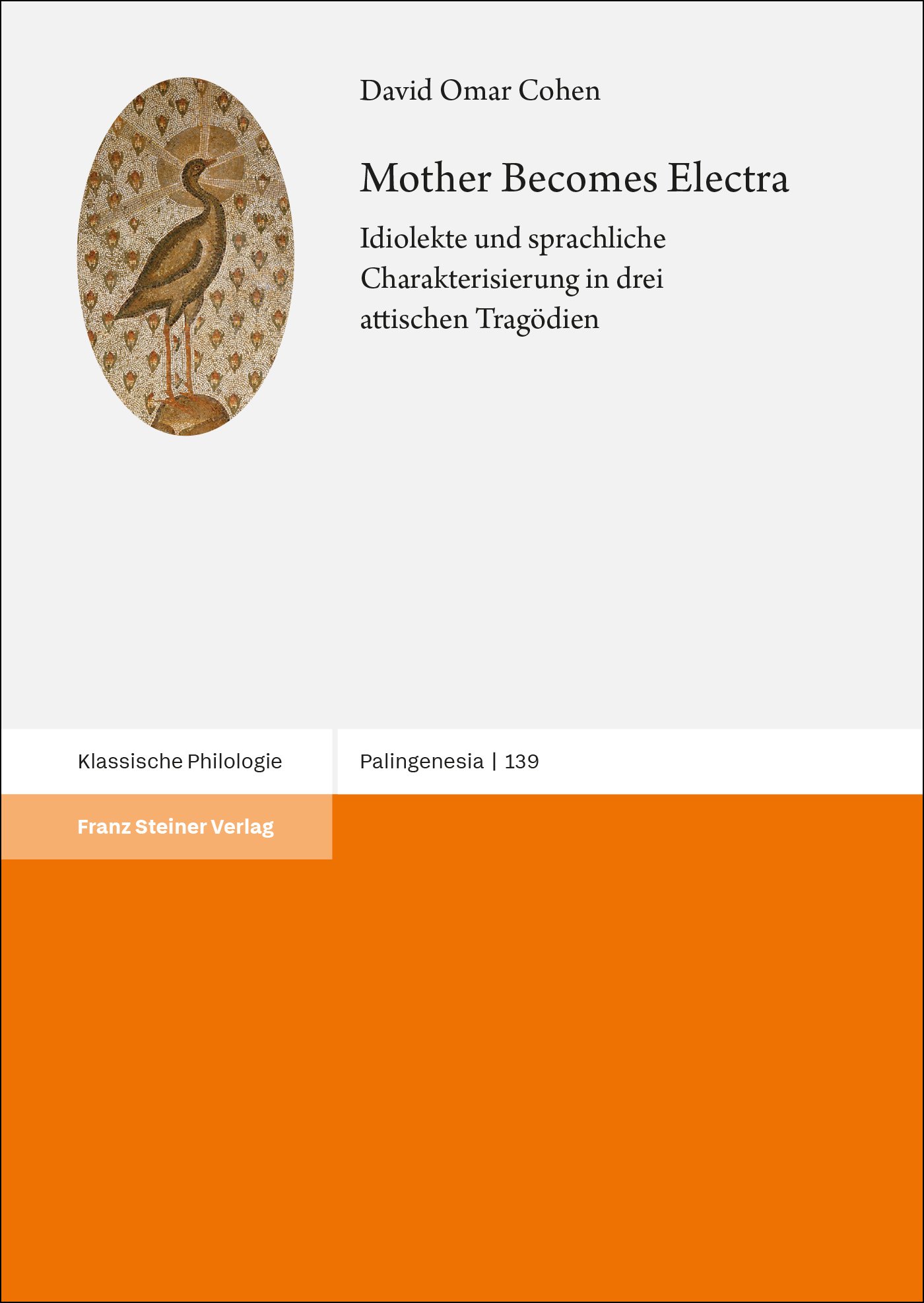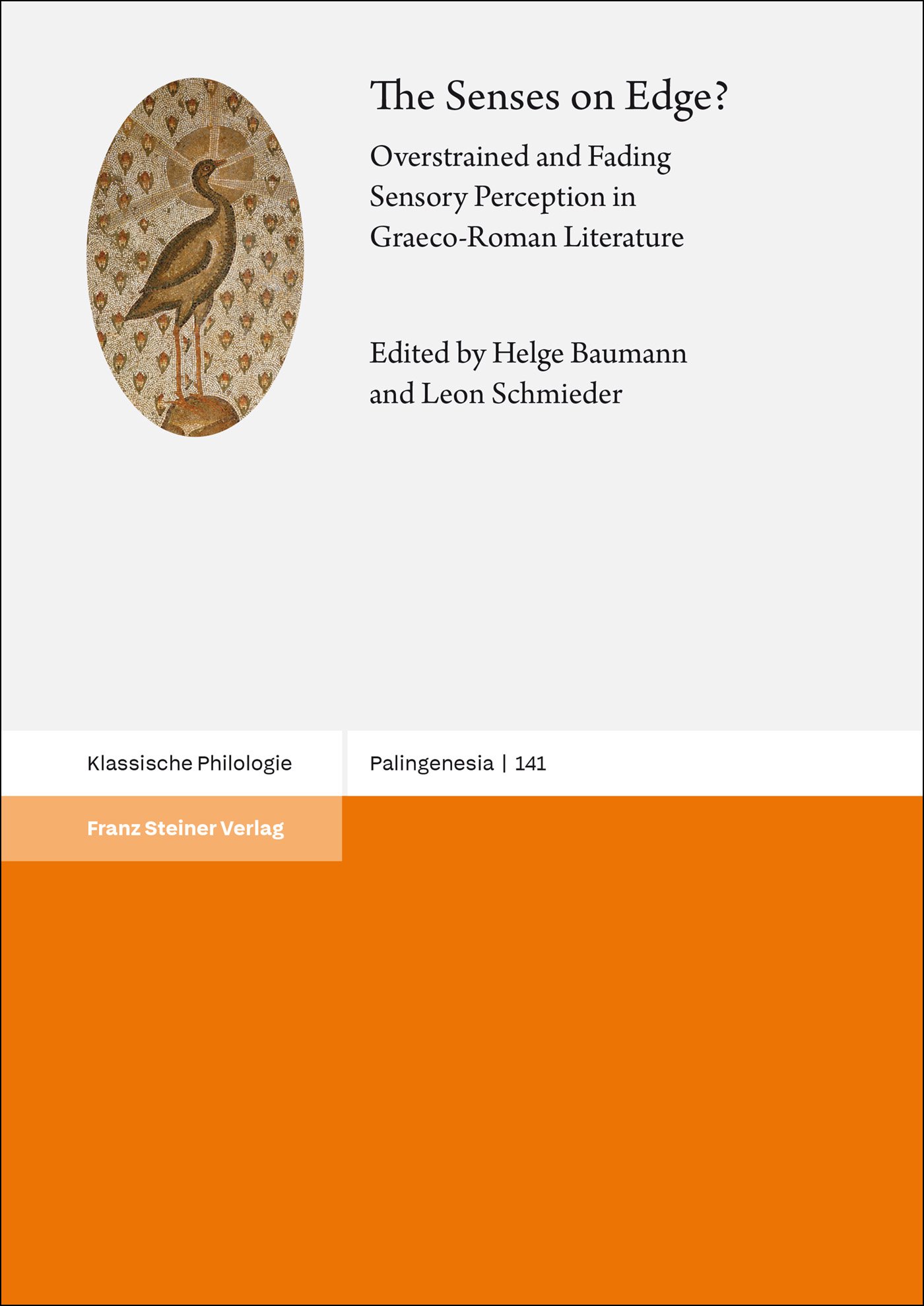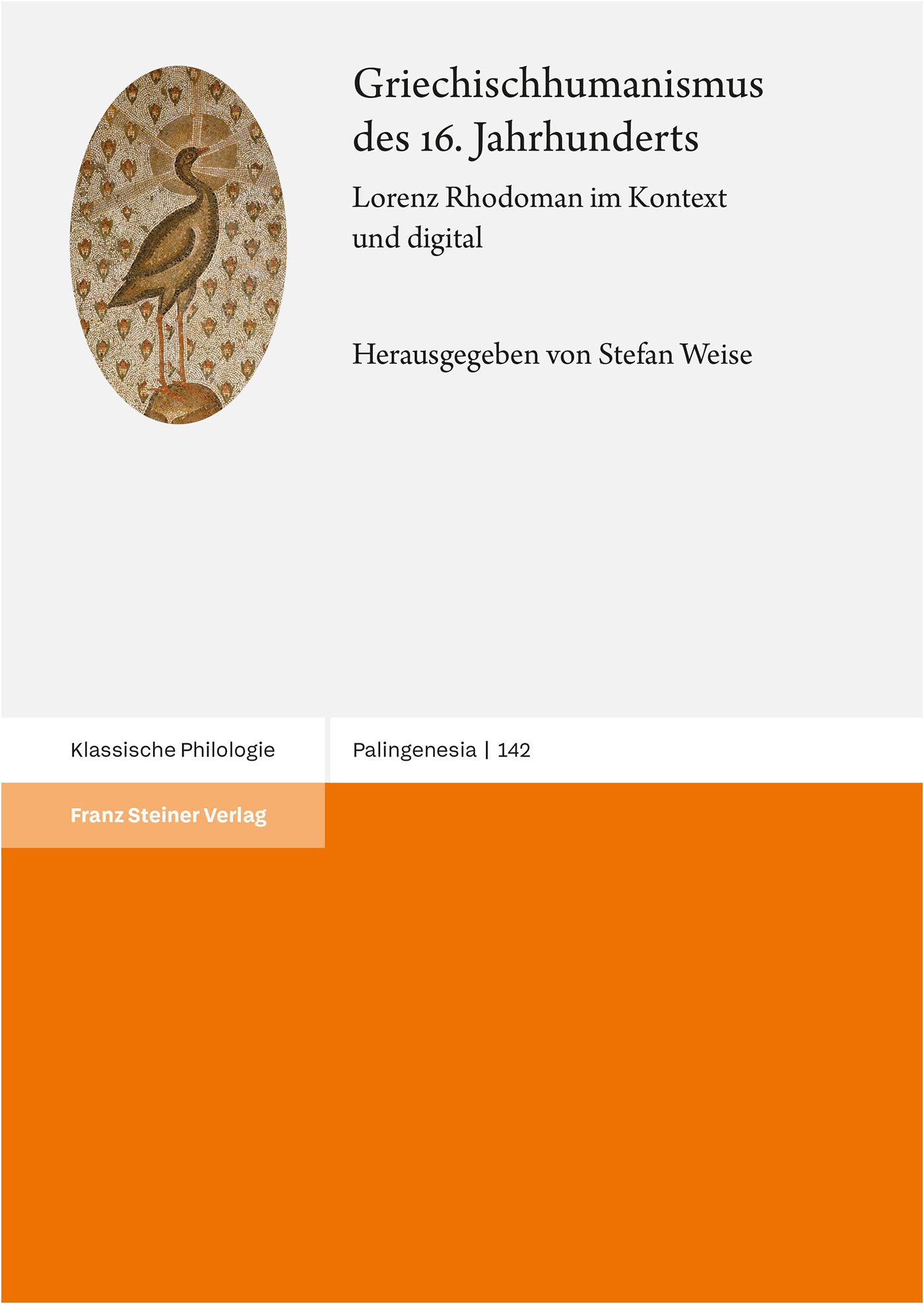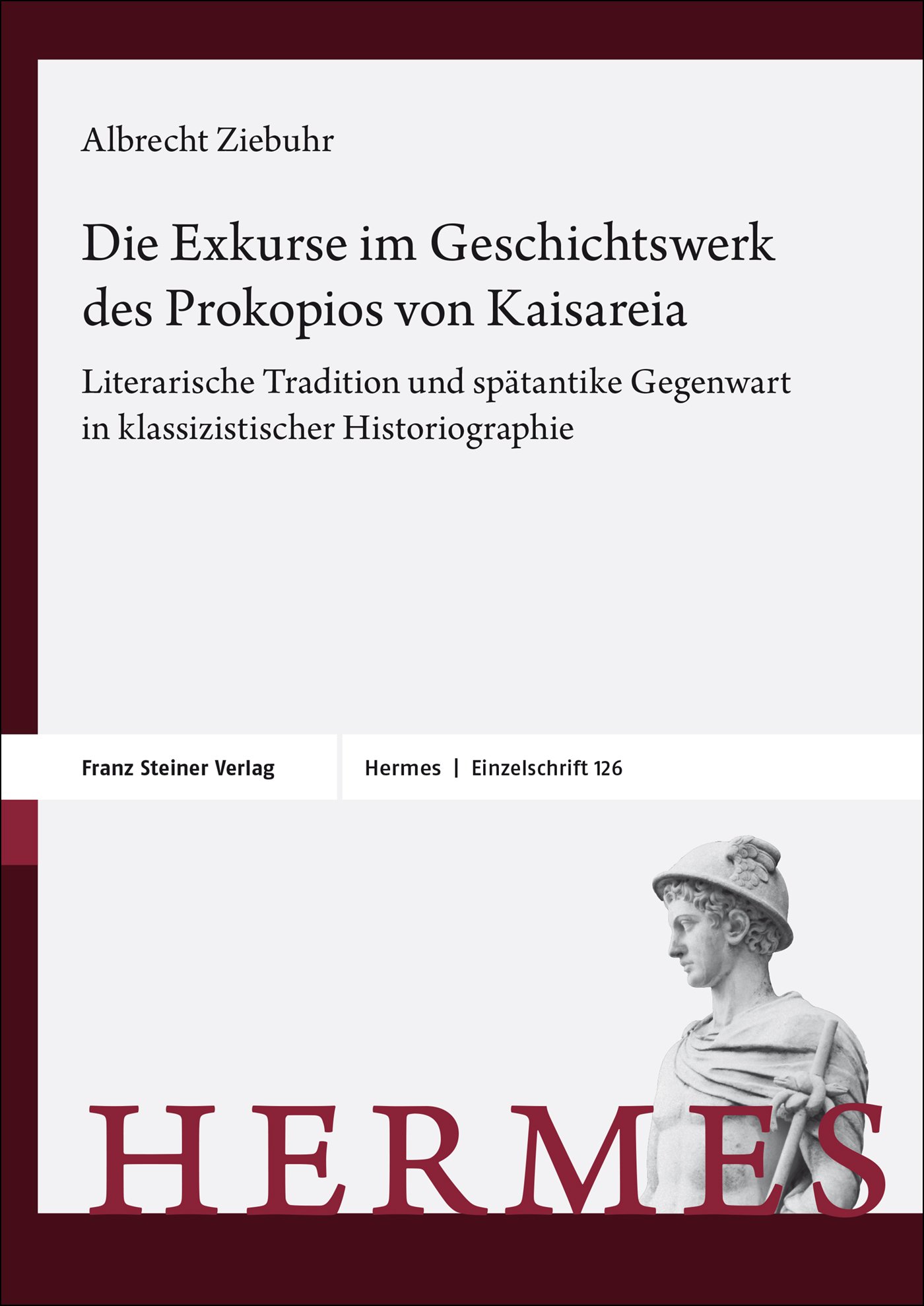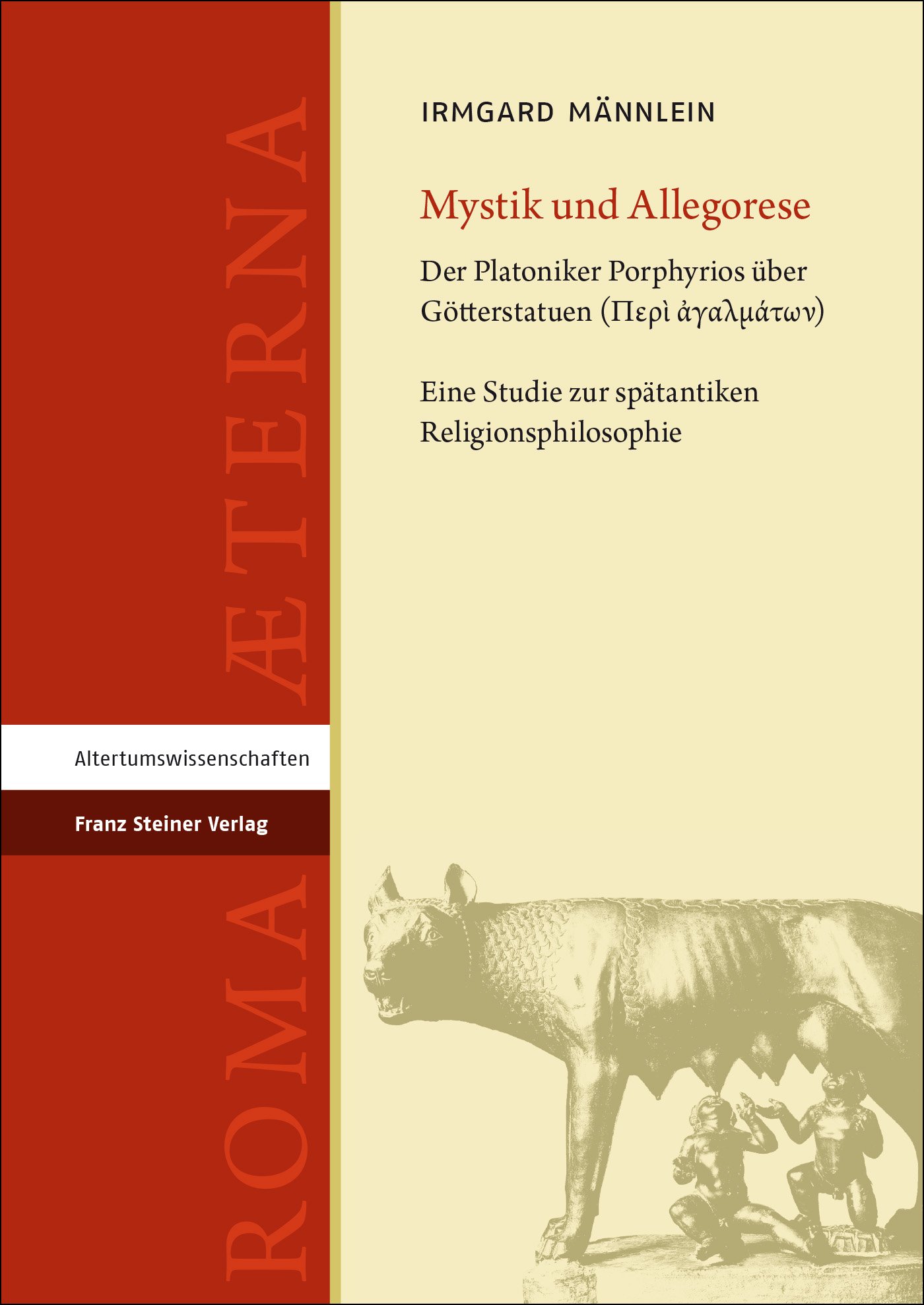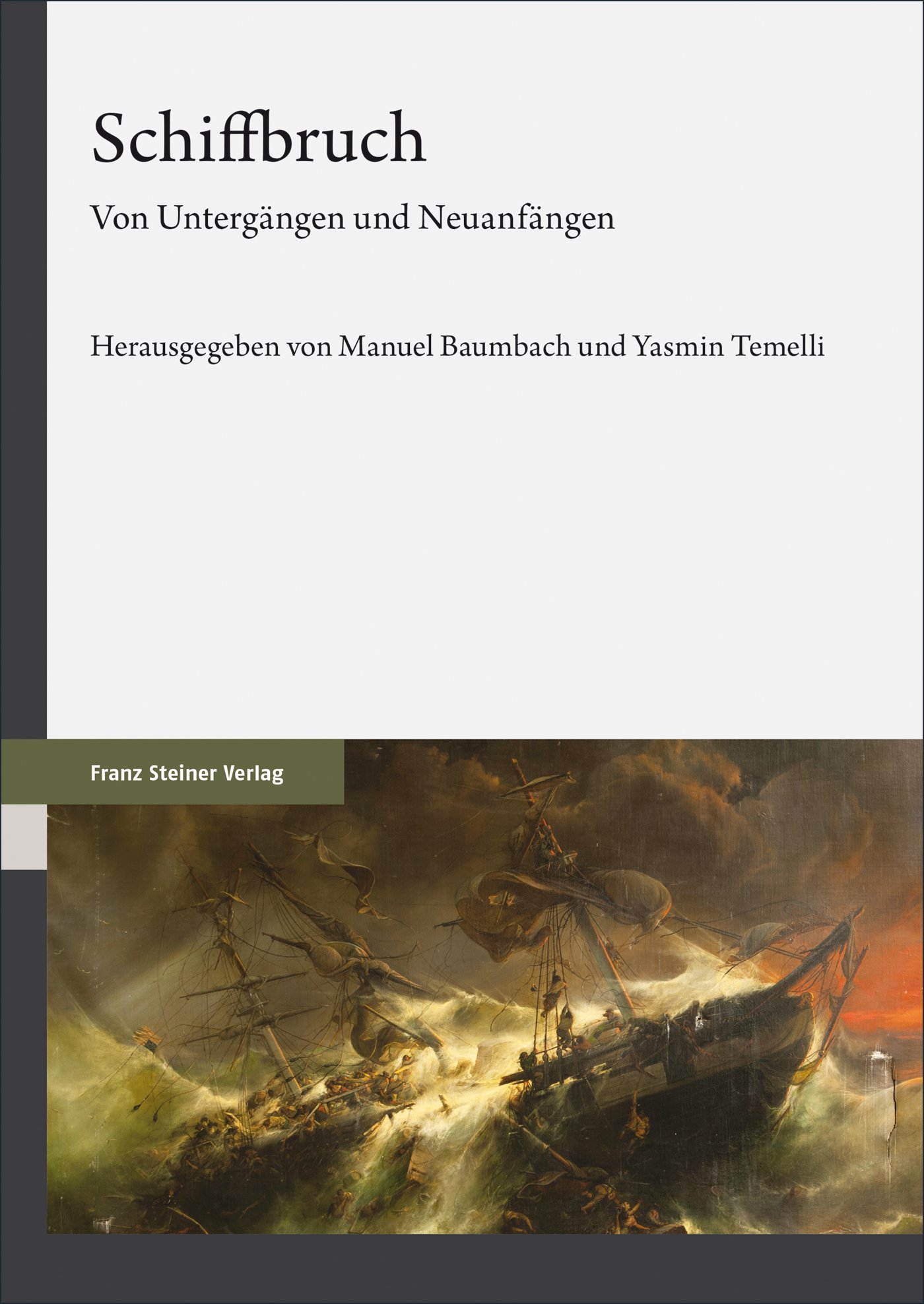Plato's Pragmatic Project
When we think about Plato's philosophy, his Laws is usually not the first work that comes to mind. Plato's final magnum opus is a perplexing text in many ways, even apart from the fact that its very existence forces us to reflect on the question of how it relates to Plato's other major political work, Republic. The debate about Plato's Laws usually disregards its composition and the way in which the legislation takes shape in the dialogue. This e-book offers a fresh reading of Plato's Laws that treats its form as an integral part of its philosophy, and asks what the way in which Plato's legislative project is given shape in the text suggests about the status of that project. It argues that the legislative project is strikingly pragmatic for a work of Platonic philosophy and should therefore be understood in its own terms. Rather than laying down a definitive law code for a new colony (Magnesia) that is based on, or at least in some way presupposes, a metaphysical norm, Plato's last work creates its own moral framework, in which lawgiving provides a convenient practical test for a notion of virtue understood as social conditioning.
"Alles in allem stellt Bartel's Studie eine anregende, erfrischende Interpretation von Platons letztem Dialog dar, deren Lektüre durchaus empfehlenswert ist."
Diego De Brasi, Gnomon Band 92, Heft 1, 2020
[It] is an important contribution to the research on Plato's philosophy in general and on the Laws in particular: for its lucid and fresh approach to the text, the ample consideration of the context of singular passages, the throughout competent discussion of the relevant literature (resulting in a rich bibliography), and not last for its strong and challenging claims.
Julia Pfefferkorn, Bryn Mawr Classical Review 17.04.2017
| ISBN | 978-3-515-11805-7 |
|---|---|
| Media type | eBook - PDF |
| Edition number | 1. |
| Copyright year | 2017 |
| Publisher | Franz Steiner Verlag |
| Length | 251 pages |
| Language | English |
| Copy protection | digital watermark |
